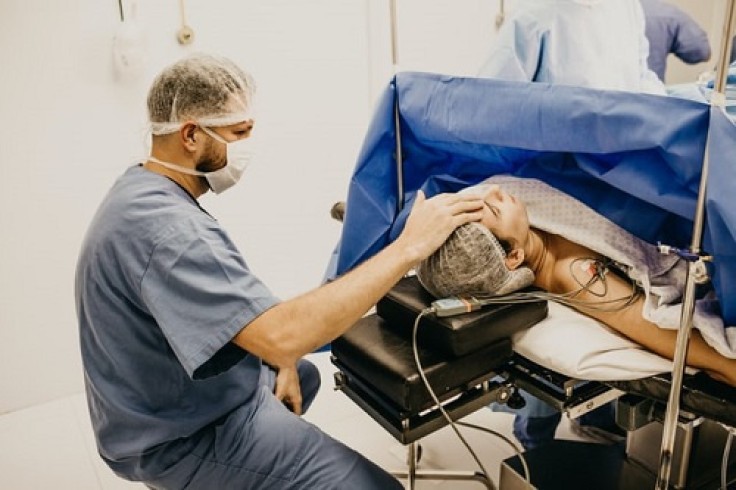Some women do not need epidural or pain killers during childbirth. A study reveals why some women could bear more pain than others. At the University of Cambridge, scientists explained that those women who have higher pain tolerance carry a key genetic variant that others do not. It acts as a natural epidural that limits how nerve cells send pain signals to the brain.
People know that childbirth is painful. Every woman has a unique labor experience. Each has a varying level of discomfort and pain as well.
No pain relief request during childbirth
Scientists and clinicians from different organizations collaborated to study why some people report less pain during labor. The team was made up of people from Addenbrooke's Hospital, Cambridge University Hospitals NHS Foundation Trust (CUH), and the University of Cambridge.
Dr. Michael Lee, from the Anesthesia Division of the University, led the team. They gathered and characterized a group of women who had carried their babies until full term. The women in the group did not request for any pain relief during delivery.

Higher threshold for heat, cold, and pressure
The team did many tests on the women, like applying heat and pressure to their arms. They also let them plunge their hands into icy water. It turned out that the women in this group showed higher heat, cold, and mechanical pressure thresholds than the control group. The control group received pain relief during labor and had the same childbirth experience as the study group.
Joint first author, Dr. Lee, said that it is not usual for women to not ask for gas, air, or epidural pain relief during childbirth. This is especially true for first-timers. After testing, the team found that clearly, the subjects had a higher pain threshold than others.

A rare gene variant
Professor Geoff Woods, senior co-author, and his colleagues at the Cambridge Institute for Medical Research studied the genes of both groups. His team found that the test-group has a rare gene variant KCNG4. About one in 100 women have this variant.
KCNG4 produces a protein that controls signals flowing along our nerve cells. Dr. Ewan St. John Smith, from the Department of Pharmacology, led a study that showed the defective ability to switch on the nerve cells. His team found that women who feel less pain during labor had a higher KCNG4, delaying pain signals to reach the brain.
Senior co-author Professor Frank Reimann commented on the identification of a genetic variant involving pain sensitivities. The team is hoping that their findings could open avenues to develop new drugs to control pain.
Another senior co-author, Professor David Menon, said that this study approach might find a wider application in other contexts. It would help them understand how people experience pain so they could develop new drugs to treat such pain.
See also:
Hyperglycemia decreases aerobic exercise capacity
Omega 3 protects human brain against air pollution damage
Coronavirus: Moms bear huge mental load [Tips to reduce them]
Empathic Listening: An Effective Guide for Parents to Help Children Process Grief